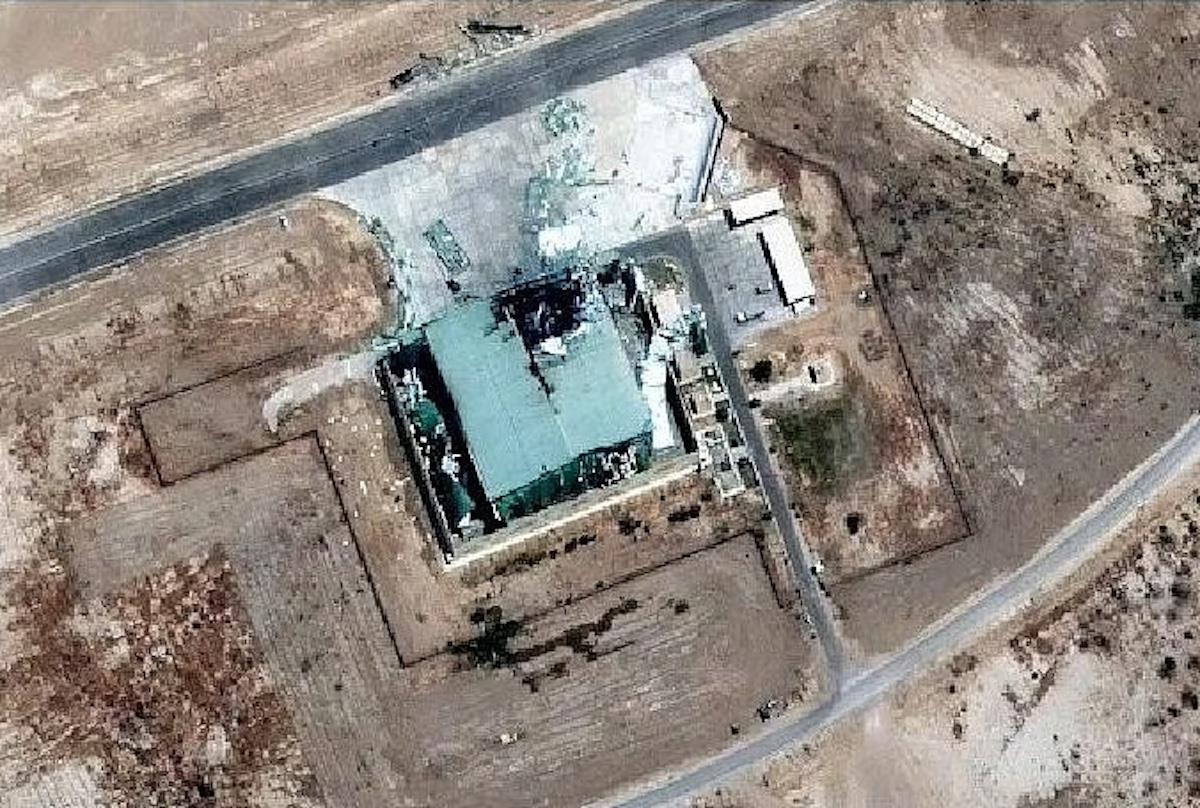
How The US Fits Into An Israel-Iran War
Iran's immediate response – the firing of about 100 drones into Israel, many of which were shot down – appears an opening gambit; meanwhile, Israeli Prime Minister Benjamin Netanyahu has said his country's airstrikes would continue“for as many days as it takes.”
The Conversation turned to Javed Ali, an expert on Middle East affairs at the University of Michigan and a former senior official at the National Security Council during the first Trump administration, to talk through why Israel chose now to strike and what the implications are for US policy on Iran.
Why did Israel strike now?There was a combination of factors that led up to this moment.
One of the more immediate reasons was that an International Atomic Energy Agency report found that Iran was making progress toward enriching uranium to a degree that, in theory at least, would allow Tehran to very quickly upgrade to a weapons-grade level.
That is the thrust of what Netanyahu has said by way of reason for the attack now – that intelligence shows that Iran was getting closer to a possible breakout status for a nuclear weapon.
But there is a confluence of other factors that have built up over the last year and a half, ever since the October 7, 2023, attack by Hamas in Israel.
Iran's proxy Axis of Resistance – that is, regional groups aligned with Iran and supported militarily by Tehran, including Hamas and Hezbollah – doesn't present the same level of threat to Israel as it did in the pre-October 7 landscape.
In the past, an Israeli attack of the sort we are seeing now would have invited a multidirectional response from all corners of the resistance – and we saw this in the early days after the October 7 attack.
As of now, none of Iran's resistance partners have done anything in response to the latest strike – and that is, in large part, due to the fact that Israel has successfully degraded these group's capabilities through a series of campaigns and operations.
The United States has also contributed to this effort to a degree with sustained operations against the Houthis in Yemen from March to May this year, including hundreds of airstrikes .
Further, Israel's previous attacks on Iran in April and October 2024 managed to degrade Iran's ballistic and surface-to-air missiles and air defense radar systems. This likely played into Israel's calculations, too.

Legal Disclaimer:
MENAFN provides the
information “as is” without warranty of any kind. We do not accept
any responsibility or liability for the accuracy, content, images,
videos, licenses, completeness, legality, or reliability of the information
contained in this article. If you have any complaints or copyright
issues related to this article, kindly contact the provider above.
























Comments
No comment